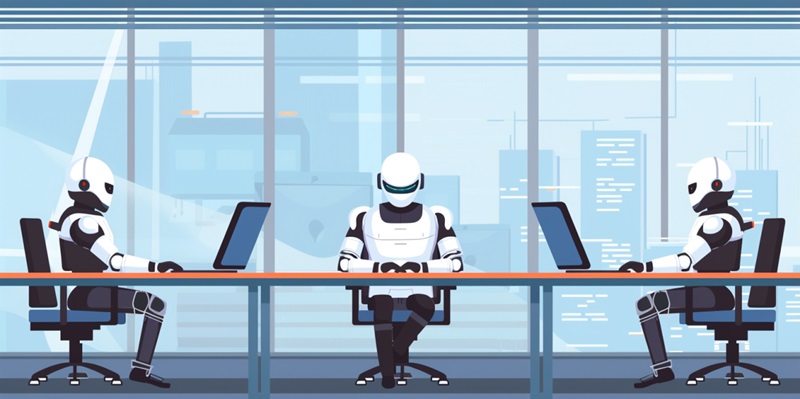The workplace as we know it is undergoing a transformative shift with the rapid integration of Artificial Intelligence (AI) technologies. These intelligent systems are not just impacting how we work but are also raising complex questions about privacy, discrimination, and job security. As employers strive to seize the opportunities AI presents, they are also grappling with the need to manage these risks responsibly. It’s becoming increasingly critical that organizations adapt by developing clear AI policies that establish ground rules for use and set a framework for ethical deployment.
Drafting Comprehensive AI Policies
Defining AI Usage and User Accountability
The first step in constructing a robust AI policy entails demarcating who within the organization is allowed to operate AI tools and the specific tasks for which these tools can be utilized. Clarity in this section helps prevent misuse and sets the stage for harnessing AI’s full potential while mitigating risk. Additionally, such policies must hold employees accountable for the outputs generated by AI. If an AI system delivers incorrect or biased results due to flawed input data, the onus should remain on the human supervisor. This prevents a scenario where the blame for mistakes can be inappropriately offloaded onto the technology itself, maintaining a culture of accountability.
Privacy, Confidentiality, and Documentation
A critical element of AI integration is the protection of sensitive data. AI policies must explicitly prohibit the submission of confidential information into AI systems to prevent the loss of intellectual property and breaches of nondisclosure agreements. Documentation of AI use also plays a pivotal role in fostering transparency and responsibility in organizations. Keeping detailed records serves as a safeguard against potential misuse and establishes a reliable method for reviewing and auditing AI-driven decisions. Having a concrete trail of how AI is applied can also assist companies in staying compliant with ever-evolving legal standards.
Implementation and Enforcement of AI Policies
Assigning Oversight and Conducting Regular Training
An essential part of ensuring that AI policies are not merely words on paper is the appointment of a dedicated individual or department responsible for overseeing their execution. This role includes updating policies to reflect technological advancements, keeping tabs on the legal landscape, and ensuring that all AI deployments fall within the defined parameters. Training should be integral to the policy implementation process. Regular training sessions will educate employees on what constitutes permissible use of AI within the company, thereby reducing the risk of unintended violations.
Consistency in Policy Enforcement and Legal Consultation
The evolution of AI in the workplace is causing a revolutionary shift, challenging not only job functions but also touching on sensitive issues like privacy, potential bias, and employment stability. Employers eager to leverage AI’s benefits must simultaneously navigate its ethical and risk-related minefields. The imperative for timely adaptation has led to an emphasis on crafting concrete AI policies. Such guidelines serve two crucial purposes: they regulate utilization and provide a blueprint for ethical implementation. As the corporate world embraces AI’s cutting-edge potential, the creation of these policies is no longer a futuristic notion but a contemporary necessity, ensuring that the integration of AI is both innovative and ethically sound. This balance between harnessing the power of AI and maintaining moral integrity in the workplace is now a paramount priority for forward-thinking companies.

